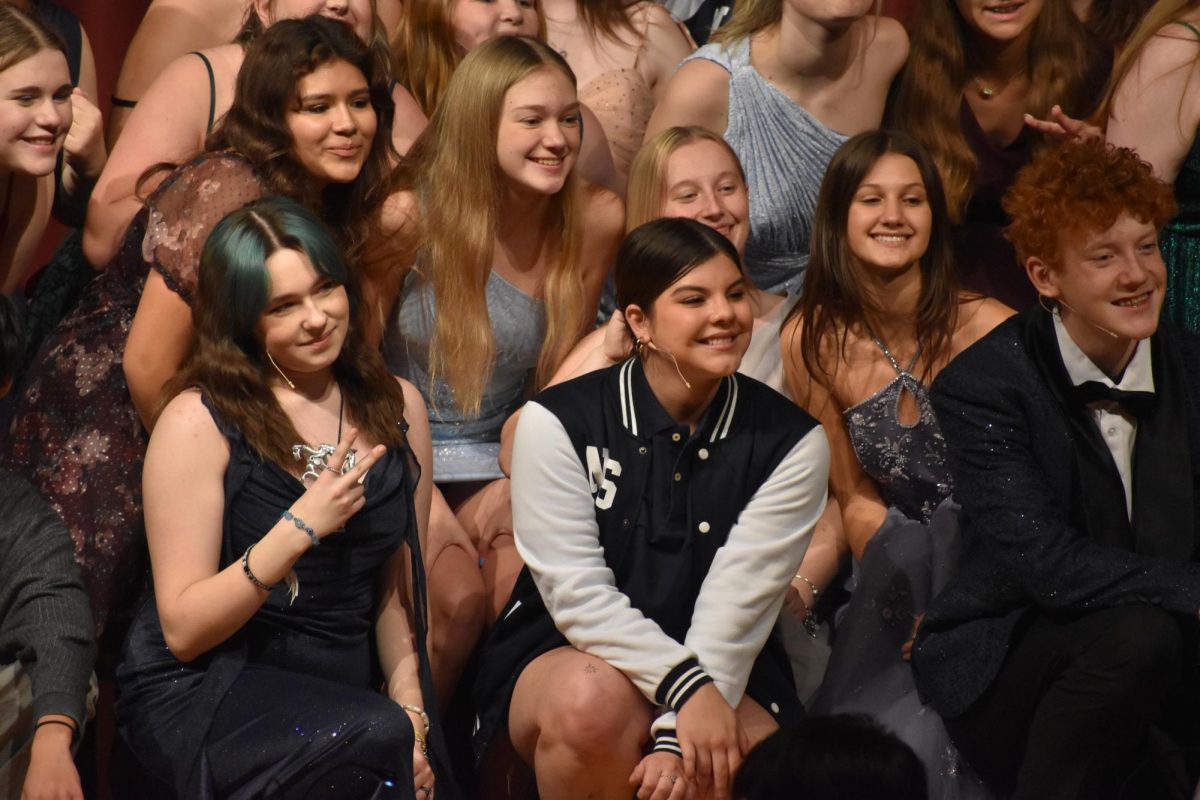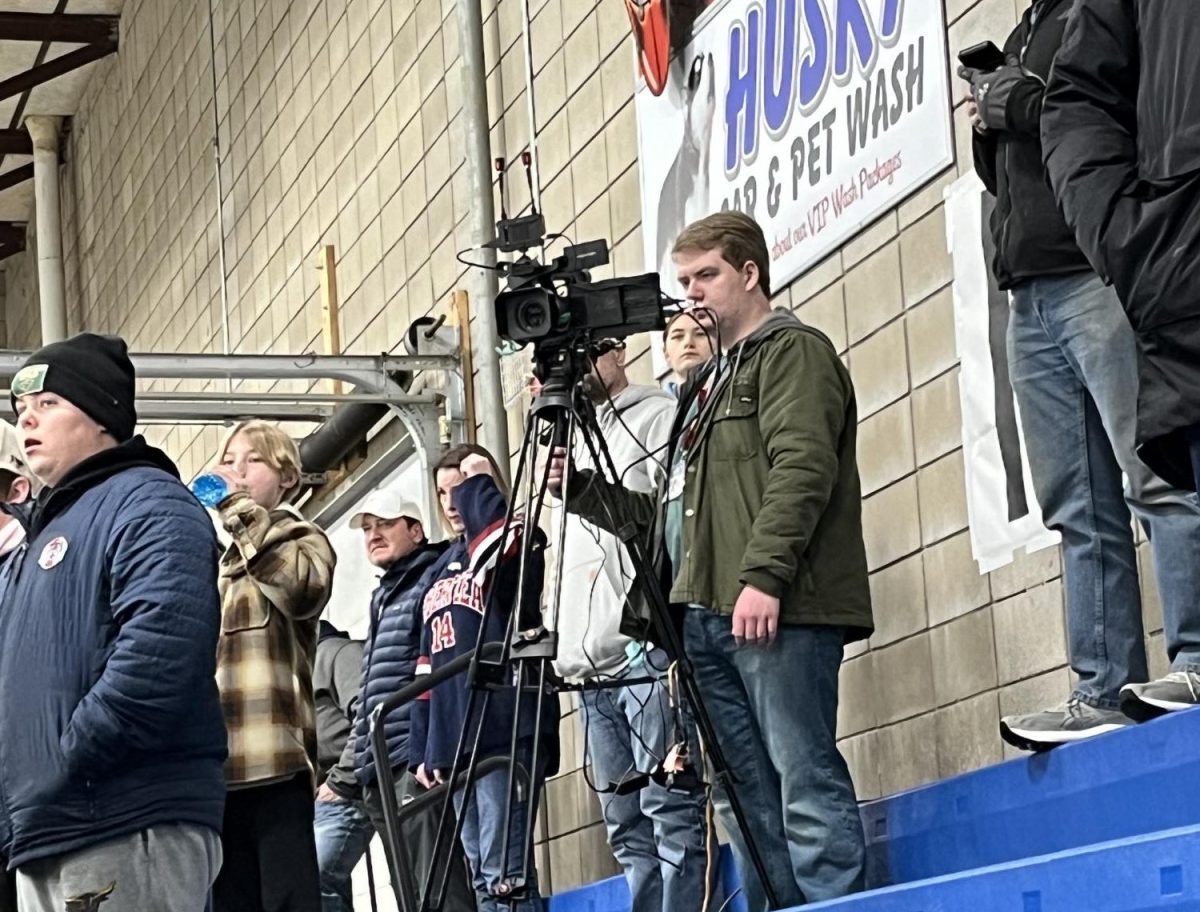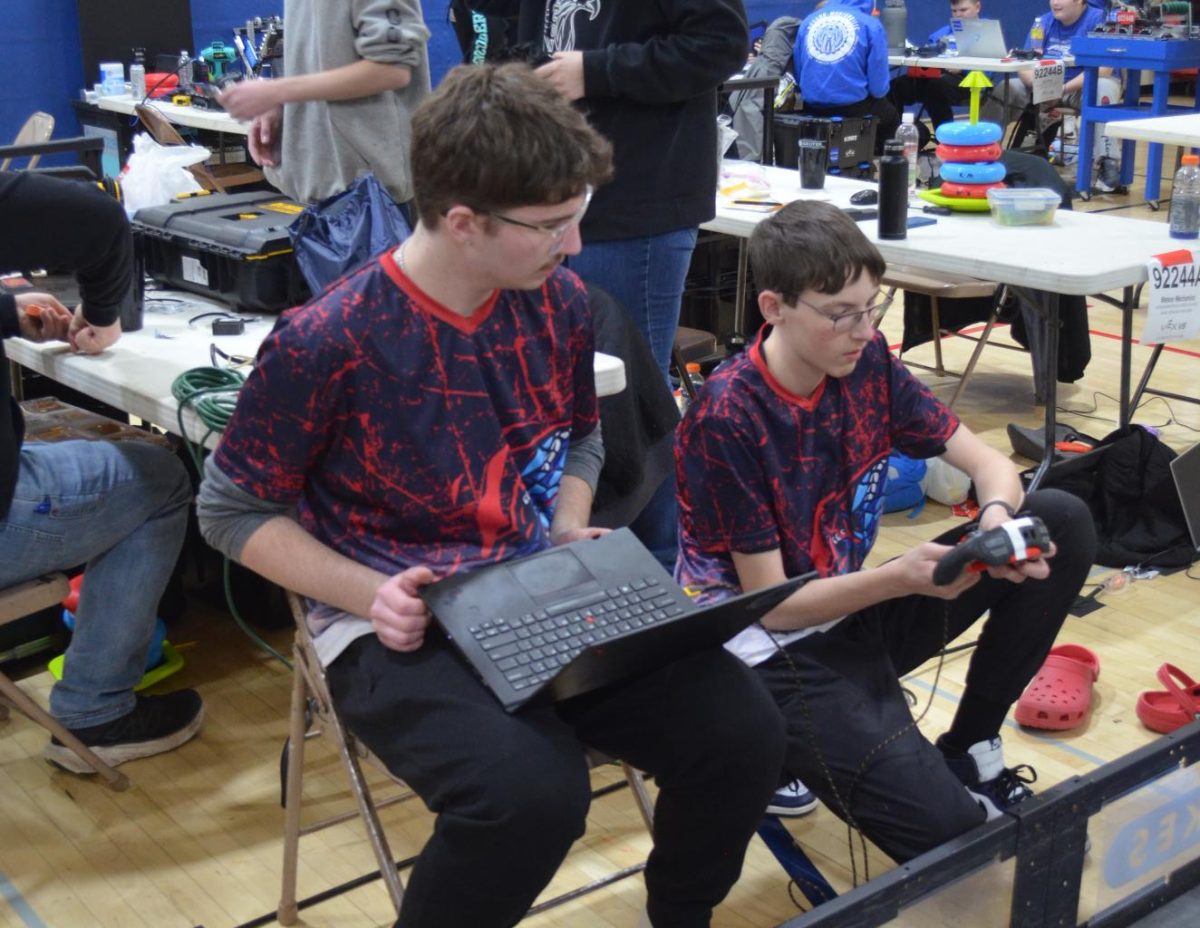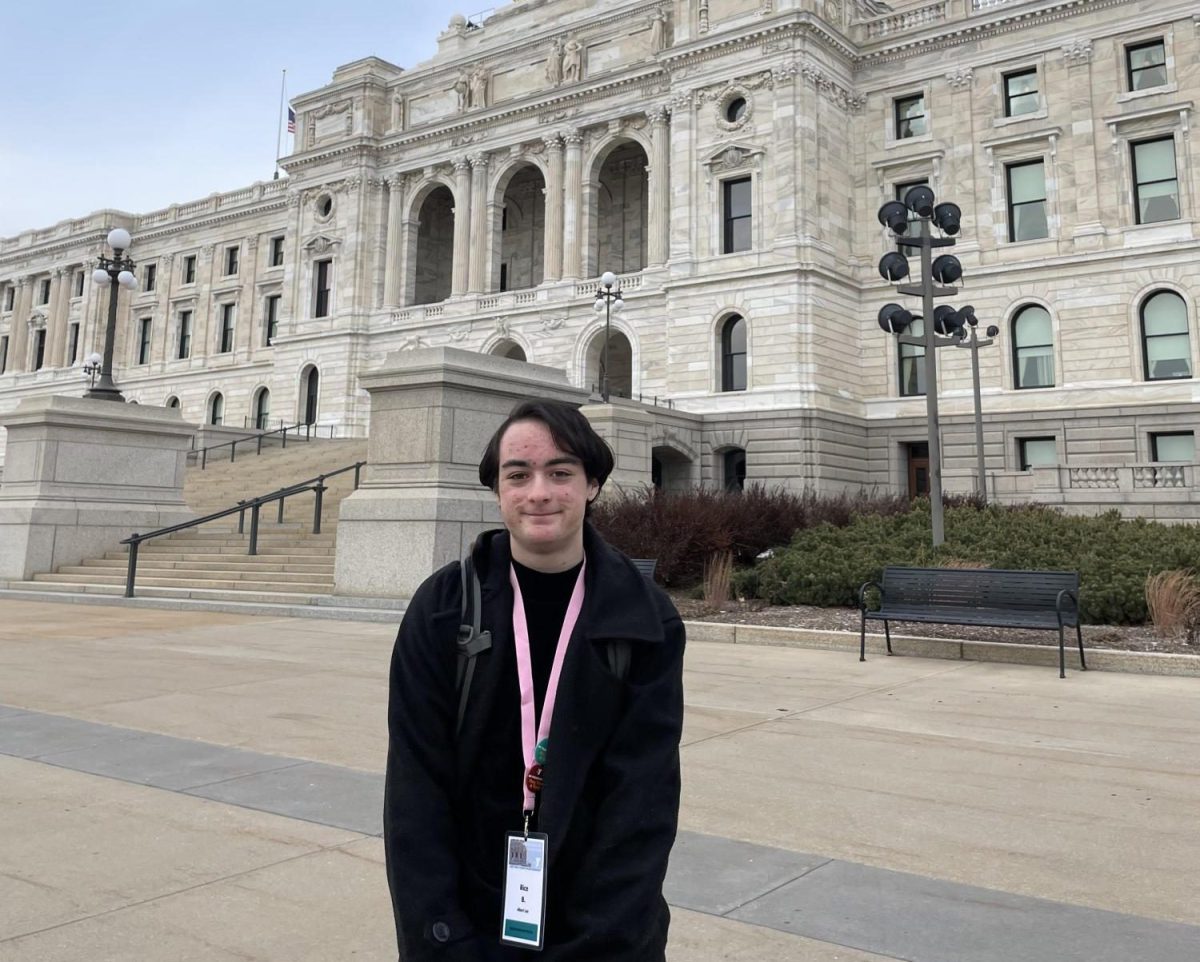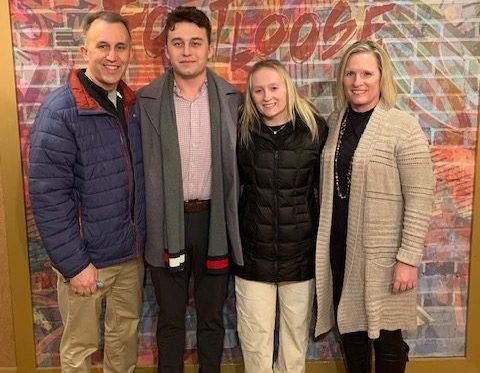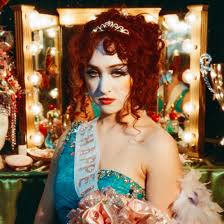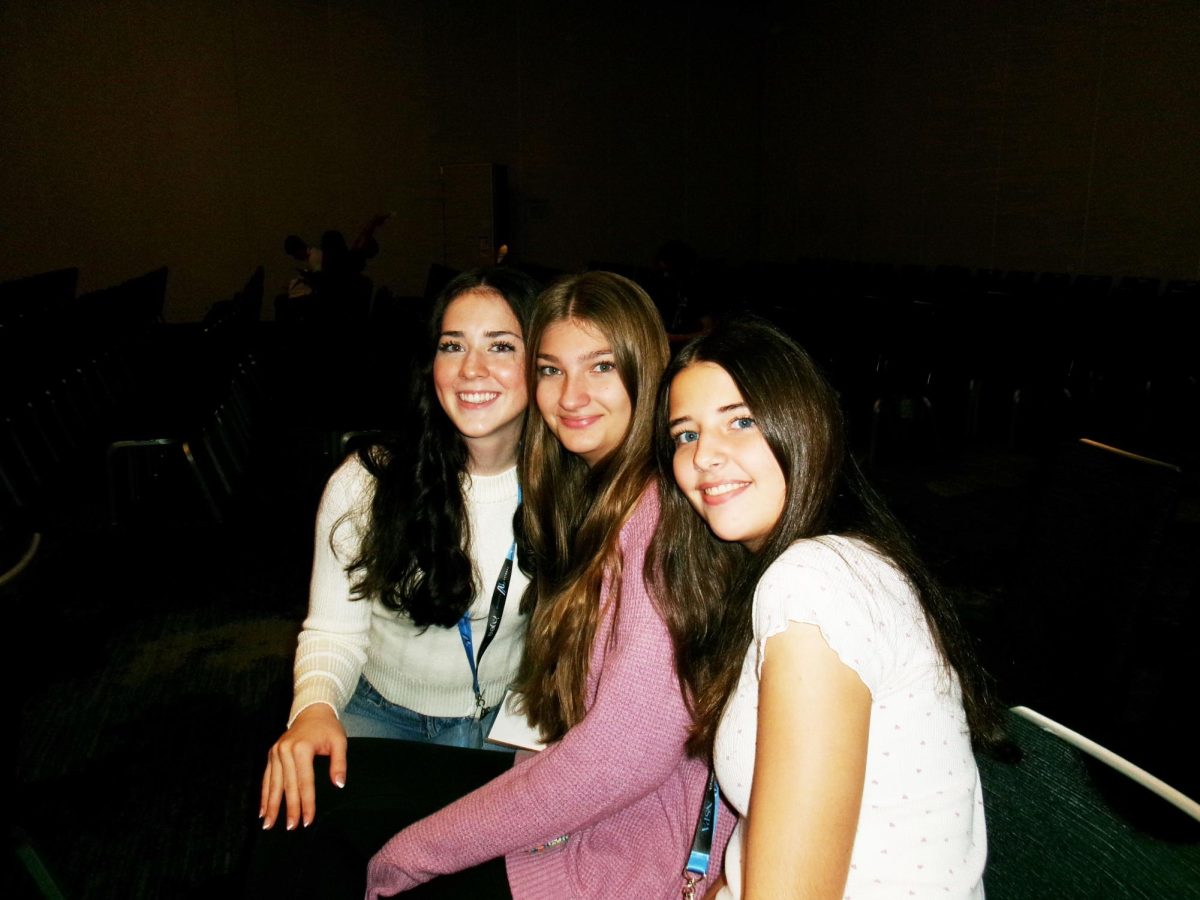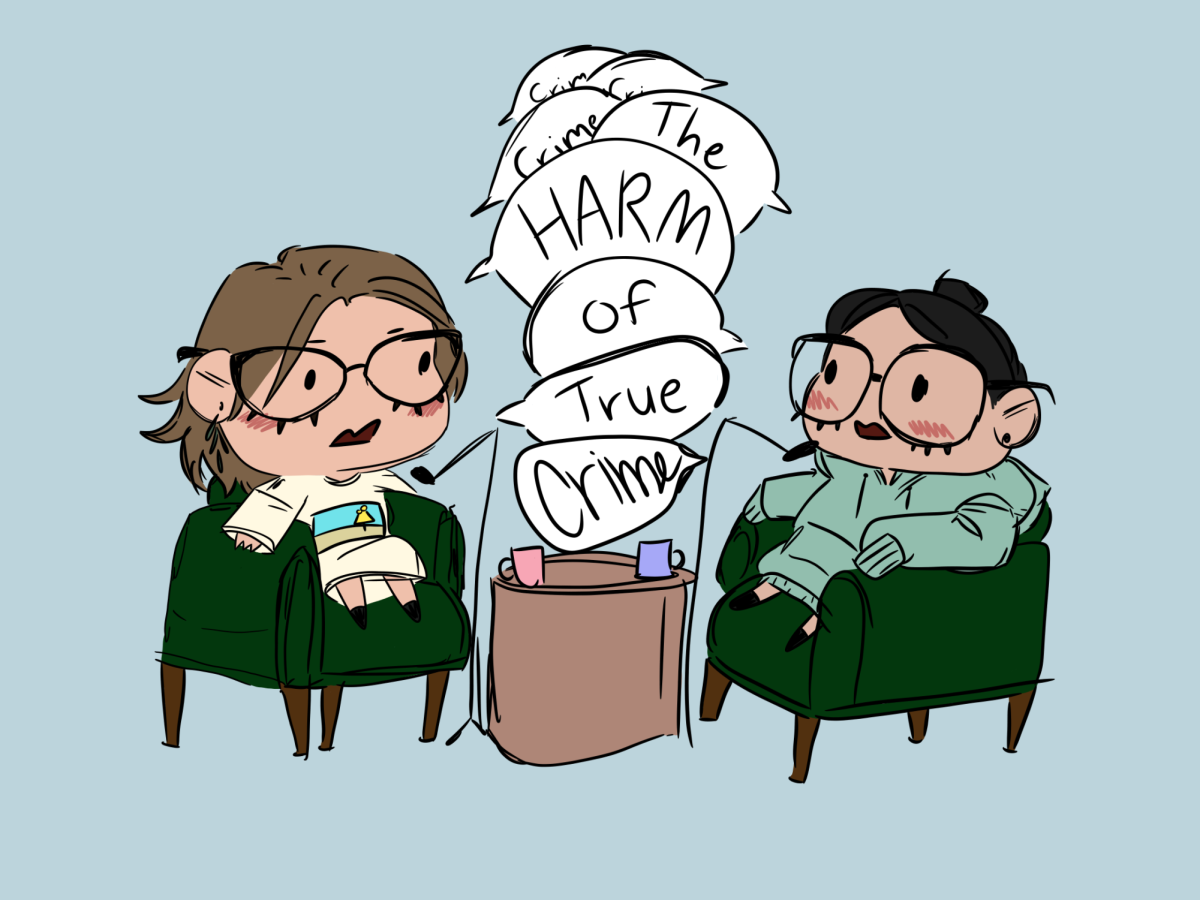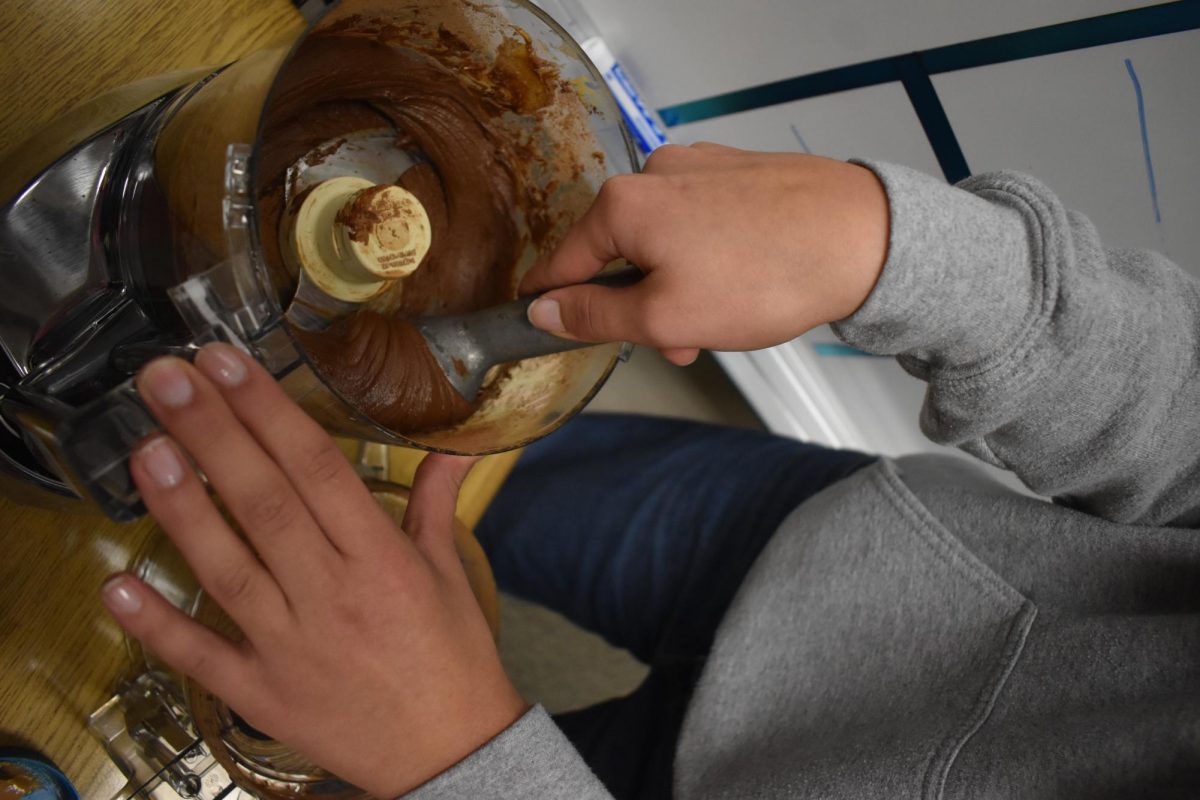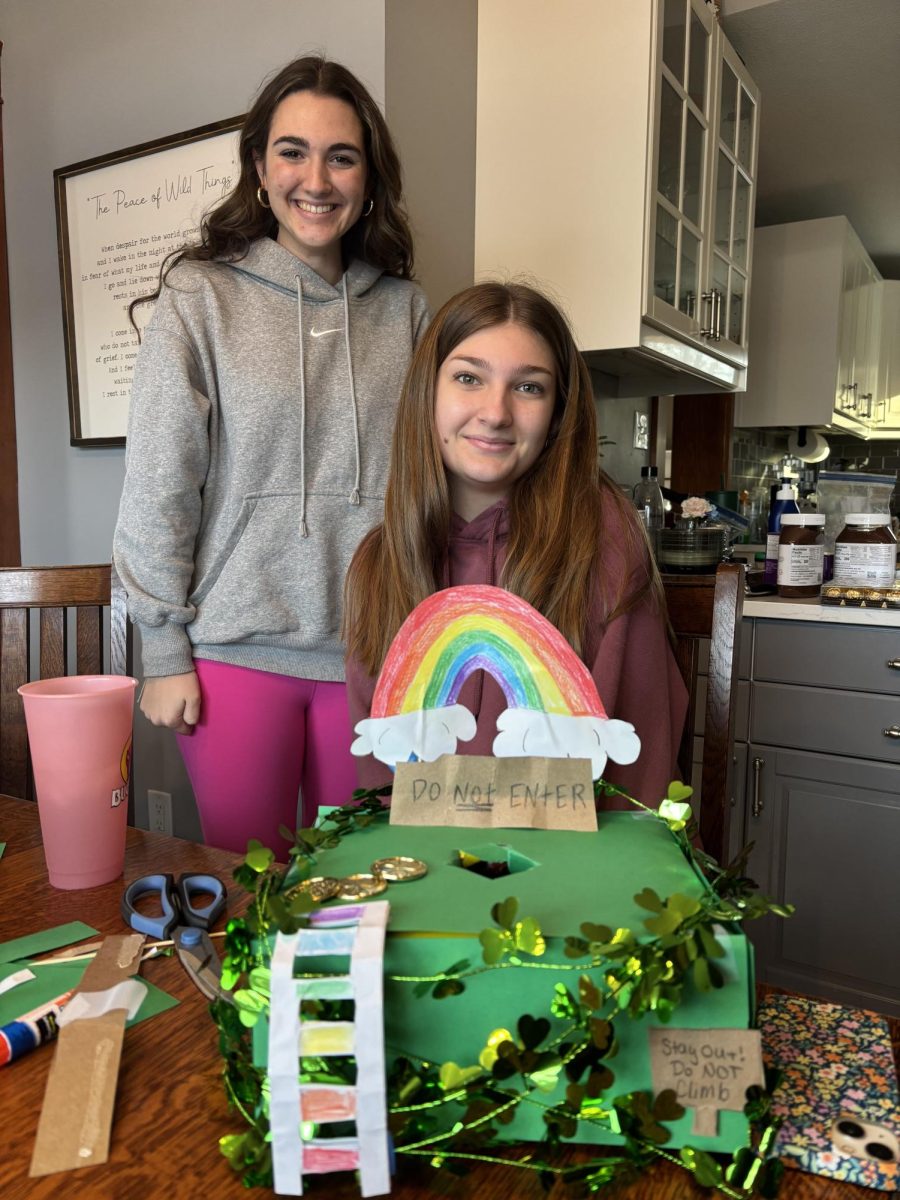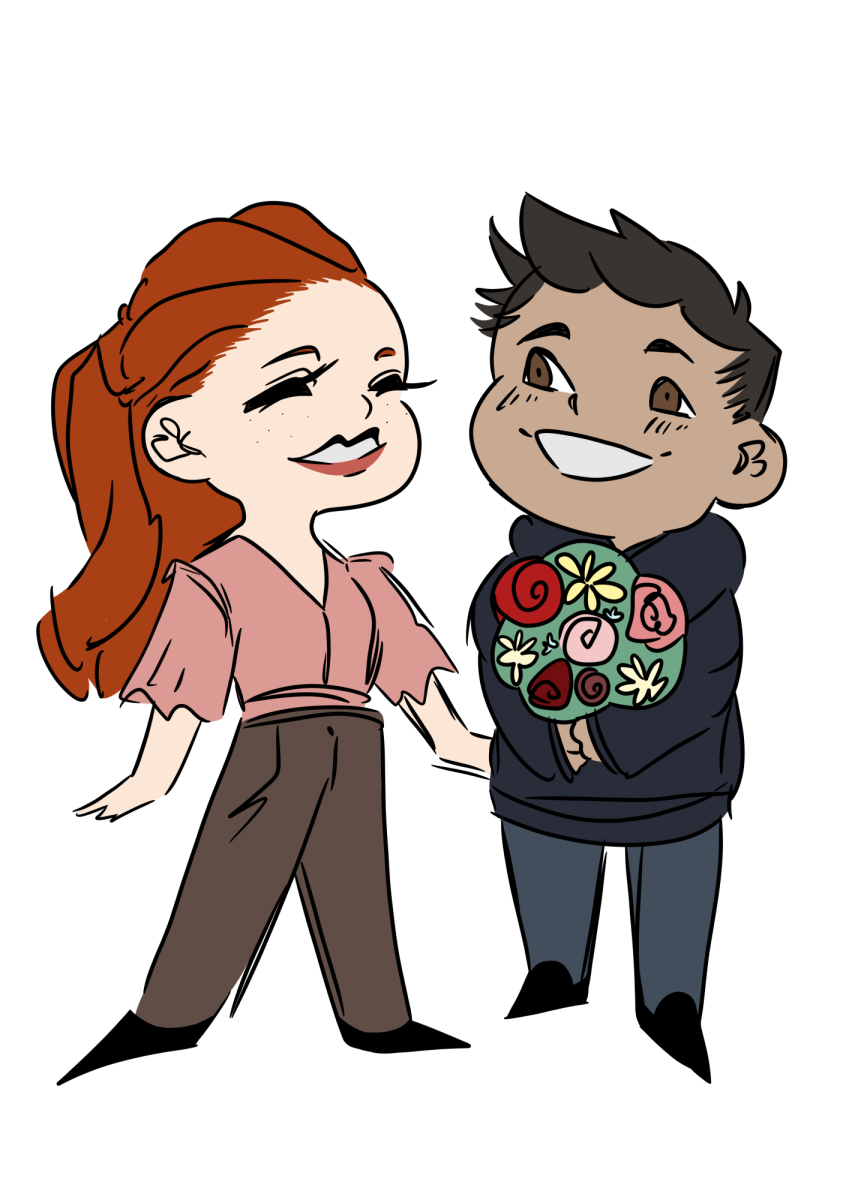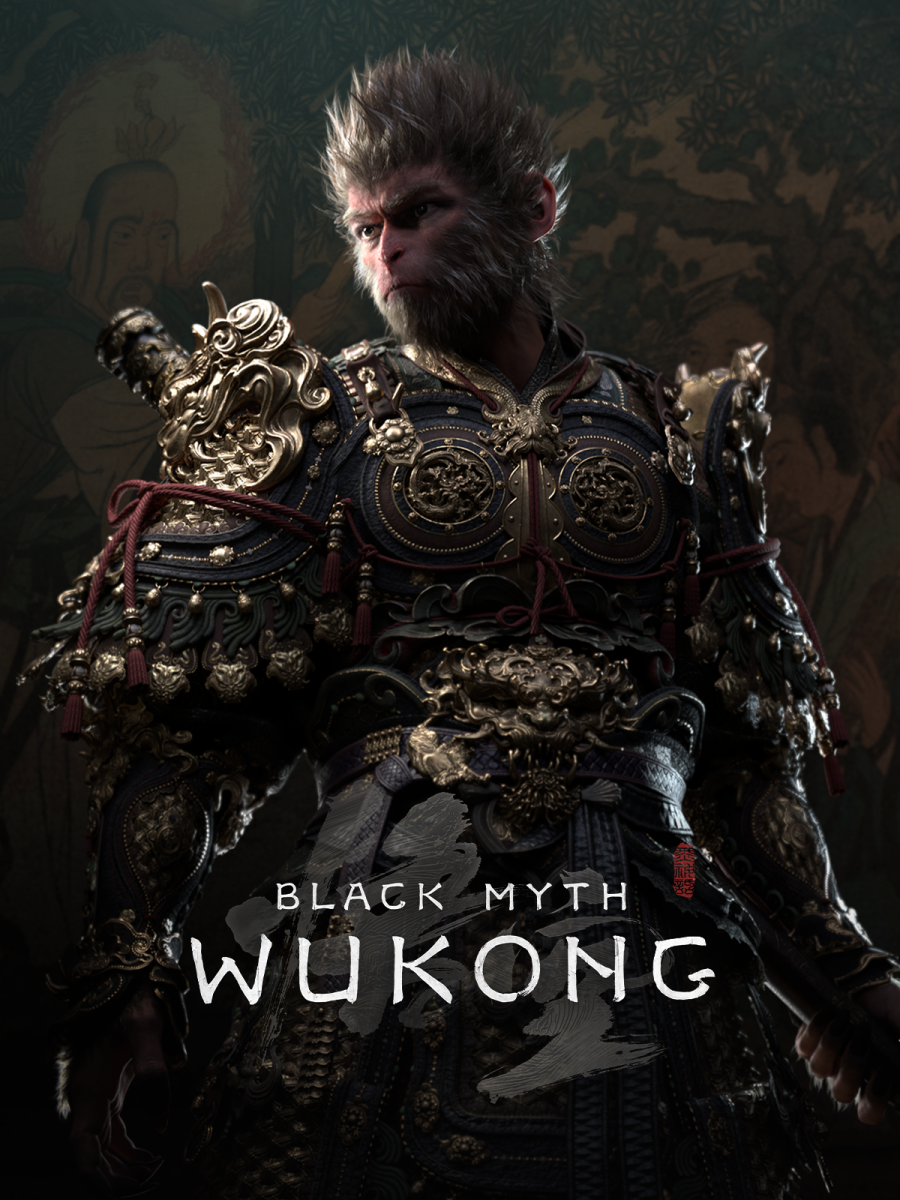In today’s world, the line between public and private life is often blurred, even for the average person but particularly for influencers who create content showcasing their personal lives. Hulu’s, Devil in the Family: The Fall of Ruby Franke, examines a YouTube mom who built an empire by chronicling her family’s daily life, released a year after her sentencing to prison for child abuse.
This documentary goes beyond the surface image that was portrayed, examining the details behind the rise of The 8 Passengers YouTube channel, the role of Ruby’s husband Kevin, their therapist Judy Hildebrandt, and the religious motivations that underpinned the family’s approach to parenting.
One of the most haunting aspects of Devil in the Family is the footage used to construct the narrative. Much of the documentary is built on previously seen footage, making the viewer feel almost stupid for not seeing the abuse before the headlines officially aired. However, the family also provided the filmmakers with over 1,000 hours of previously unseen material, that was meshed together with where Ruby must have edited the clips off. This showed how on the internet, you can portray and act however you want to be perceived, but even so, people still saw through the Franke facade.
The documentary team worked to gather footage of Ruby’s family life, piecing together moments from their public social media presence, private interviews with family members, and the revealing footage of police interactions and child protective services. For the protection of the children involved, those under 18 years old had their faces blurred out, the decision to obscure their identities is a stark contrast to how Ruby and Kevin treated their children on their public platform. While Ruby used their lives as content for profit, the documentary team ensured that the children were given the respect they never received from their own parents.
The film goes into great detail about how the families channel got started, and how its basis was family life, and in turn parenting. Ruby and Kevin’s strict, authoritarian style of child-rearing was deeply informed by their faith in The Church of Jesus Christ of Latter-day Saints (LDS). At first, their religious beliefs appeared to provide a foundation for family values, emphasizing the importance of discipline, obedience, and structure. However, the documentary uncovers the darker side of this approach, where religious motivations provided a rationale for Ruby’s increasingly harsh and inhumane methods.
When the Franke’s parenting got a little more difficult due to their children starting to go through the complicated teenage years, they reached out to a known therapist in the area for help, Judy Hildebrandt. While some might think that this was a good step, Hildebrandt brought Ruby’s already questionable parenting decisions to a whole nother level and distanced Ruby from her husband Kevin. Hildebrandt used the Franke’s deep religious belief to her advantage and somehow convinced the family that their kids were possessed by the devil. What’s most disturbing is how Ruby trusted Judy even when her advice became more extreme and detrimental to the family’s mental health and Kevin stepped away when he was told to. This element of the story serves as a stark warning about the dangers of blindly trusting professionals and how their misguided influence can have disastrous consequences, particularly when it comes to vulnerable children.
Throughout the film, it’s revealed that Kevin remains passive. When told to step away Kevin packs his bags and moves out for over a year. Kevin repeatedly defends his role, claiming that he was just listening to his wife. It is abundantly clear that as a father, he failed in his most basic duty: to protect his children, yet because Kevin didn’t physically do anything, he was not charged with child abuse or neglect. The documentary seems to be angled in Kevin’s favor, giving the impression that he couldn’t have done anything to prevent this. Kevin’s behavior is deeply troubling; while Ruby led the charge with her controlling and manipulative parenting, Kevin’s failure to intervene or stop the abusive practices speaks volumes about his culpability. No parent can claim that they didn’t recognize the suffering of their children—especially when neighbors were reaching out to him and telling him something was wrong. At what point do we hold someone accountable for their actions, or lack thereof, when the lives of children are at stake? Kevin’s defense does little to absolve him, in my opinion.
Shari Franke’s story is one of quiet bravery amidst neglect. Throughout the documentary, we learn that Shari repeatedly sought help, reaching out to police and authorities multiple times in an effort to escape the controlling environment imposed by her mother, Ruby. Despite her repeated efforts, Shari’s pleas for help were dismissed or not taken seriously by law enforcement. It wasn’t until the worst happened—when Ruby’s tactics became undeniably abusive—that the authorities finally took action.
When the police finally intervened, they were appalled by the condition of the children, remarking that the children were in the worst condition they’d ever seen. It had to take one of the children to escape from being tied up and starved to death for anyone to do anything. This statement is proof of the failure of both the authorities and the public to intervene in a timely manner, allowing the abuse to escalate to levels that could have been prevented. When searching the house, police found Rubys’ journals on just how she tortured her youngest children in an attempt to “get the devil out of them”. It wasn’t until her youngest son escaped Hildabrandt’s home that the police intervened. They stated that her son was seen with the most extreme case of emaciation they’ve ever seen.
The documentary shows how Ruby, in particular, used her faith as a justification for controlling her children and enforcing an idealized image of a “perfect” family. This raises an essential question: when should religious influence be held accountable for harmful actions? The documentary forces viewers to consider the role religion plays in shaping behavior and the importance of distinguishing between faith and manipulation.
The Devil In The Family is a powerful documentary that not only sheds light on the dangers of family vlogging but also examines the toxic combination of authoritarian parenting, and religious manipulation. The film raises important questions about accountability, especially when it comes to protecting children. Kevin Franke’s passive complicity, the failure of therapists like Judy Hildabrant, the repeated ignoring of Shari Franke’s warnings, and the tragic consequences of religiously motivated control all form a complex portrait of a family that was torn apart by the very forces that were supposed to hold them together.
Ultimately, this documentary serves as a cautionary tale about the importance of intervention, the need for accountability, and the dangers of blind trust in both authority figures and faith-based ideologies. It is a reminder of the responsibility that comes with being a parent—and the devastating impact of failing to act when children are in harm’s way.

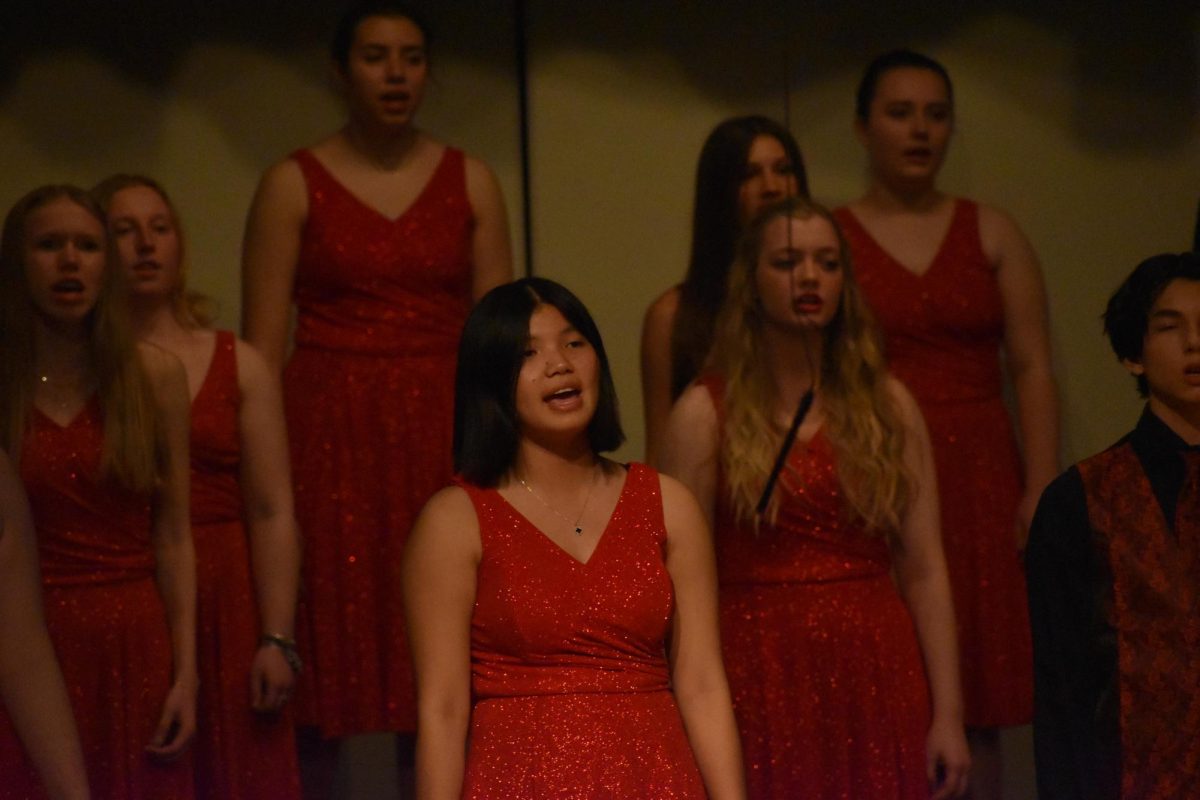


![At the pepfest on Feb. 13 the Winterfest Royalty nominees were introduced. There were two girls and two boys candidates from each grade. Royalty included Prince Axel Calderon (11), Jacob Miller (12), Princess Maya Fuller (11), Brecken Wacholz (10), Ethan Brownlee (9), Lord Given Saw (9), Lilly Elmer (9), Angela Buansombat (10), Queen Jenna Balfe (12), Hanna Austinson (11), Raegan Broskoff (8), Duchess Evalyn Holcomb (10), Jordyn Earl (8), and Lady Leighton Brenegan (9). Not pictured include: King Kaiden Baldwin-Rutherford (12), Piper Aanes (12), Blair Blake (11), Duke Kuol Duol (10), Thoo Kah (8) and Aidric Calderon (8). Student council member and Junior Prince Axel Calderon said, “It [the nomination] means that I’m kind of a student leader. I hopefully show younger kids what it means to be a part of the student council and lead the school.”](https://www.ahlahasa.com/wp-content/uploads/2025/03/front-page-1200x800.jpeg)

